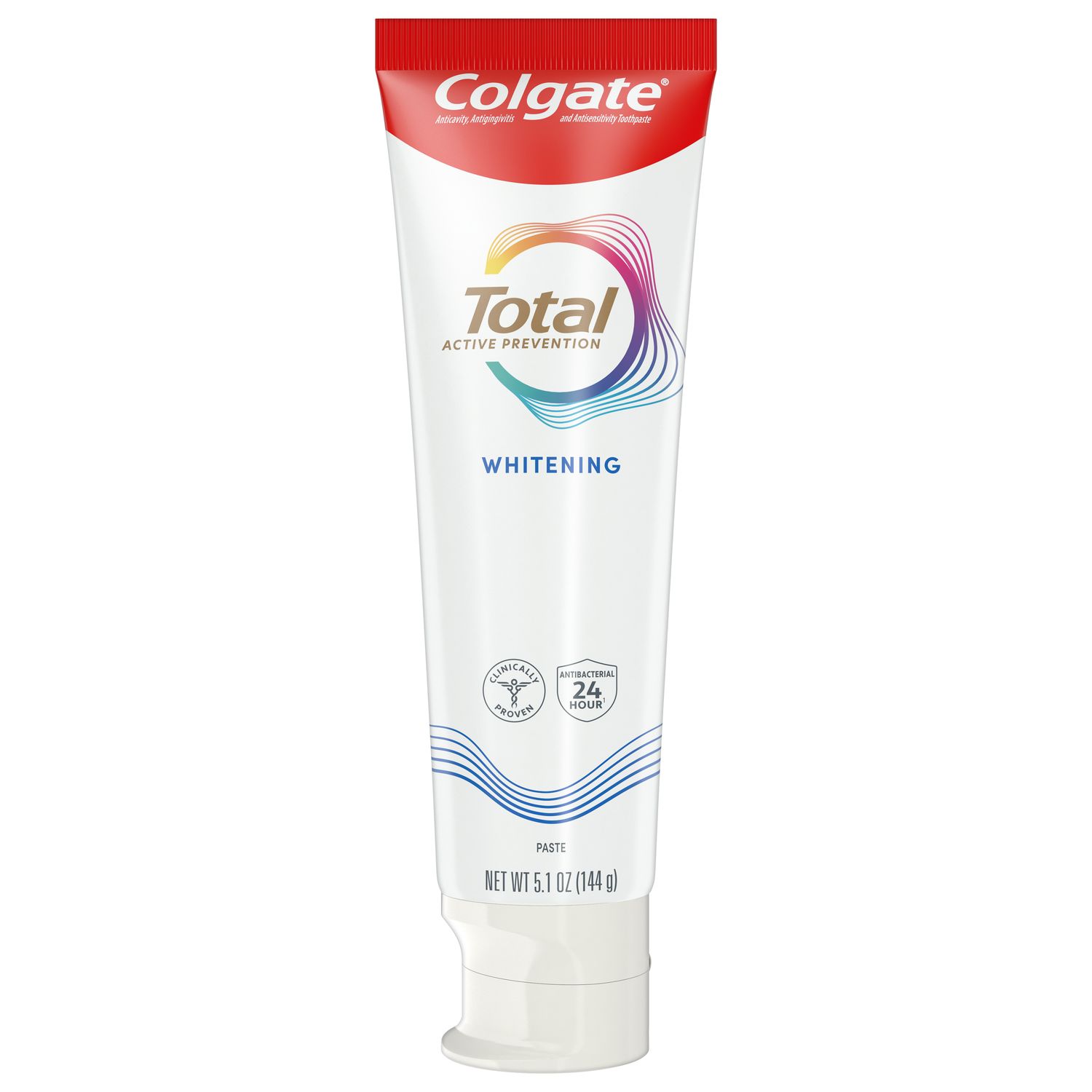What Are Common Tongue Laceration Causes?
Deep cuts in the tongue are often a result of some external blunt force facial trauma that occurs during a car accident, a fall, or a sports injury. A review of studies published by StatsPearl notes that other reported instances of lacerations have been caused by:
- Epileptic fits
- Oral trauma while intubated
- Self-harm
- Child abuse
- Injuries sustained during electroconvulsive therapy
- And they even cite some instances of oral trauma from e-cigarette explosions
The most common spot for a laceration on the tongue is on the front two-thirds, and Seattle Children's Hospital says that mouth injuries rarely become infected.
How to Apply First Aid to a Tongue Laceration
If you have a tongue laceration, here are some first aid tips to help you until you can get to your medical professional:
- Start by putting pressure on the wound using a clean cloth or gauze pad. The bleeding should stop within 15 minutes of constant pressure.
- Spit out any excess blood that pools in your mouth. Do your best not to swallow any.
- If the wound isn't bleeding, flush it with clean water.
- If you experience cold or clammy skin, shallow breathing, or a weak pulse, you may be experiencing shock from your injury. Seek immediate medical attention.
When Does A Tongue Need Stitches?
If you have a deep cut on your tongue, seek medical attention right away. You likely need stitches to ensure your tongue heals correctly. If you're unsure whether your wound is deep enough to warrant emergency care, here are some guidelines:
- Your laceration is larger than 1/2 inch
- Your wound flops open
- You have large flaps of flesh
- The bleeding won't stop
- The edges of the wound are jagged
- You're worried about your tongue
Other reasons you'll probably want to visit a medical professional are:
- If your ability to swallow or breathe is affected
- A dirty or rusty object caused the laceration
- If you have two wounds that cross each other
- You have a wound caused by an animal bite
- Or your tongue is showing signs of infection
What to Expect From Tongue Laceration Treatment
When you visit a medical professional, they will assess your wound and clean it. If there is a foreign object in your wound, like a piece of tooth, dirt, or metal, they will remove it. You'll either be given a local anesthetic or you'll be sedated, and then your medical professional will stitch your wound together with sutures. You may be prescribed antibiotics after the procedure to prevent infection if you have a compromised immune system.
After your medical professional treats your tongue injury, keep an eye out for any swelling or excessive bleeding. Tongue sutures can rupture, and the Annals of Medicine and Surgery says that can cause you to breathe in blood. Call your doctor if you notice any abnormal bleeding, swelling, or discharge after your procedure.
Tongue Laceration Aftercare
Most tongue sutures untie, fall out, or absorb on their own, so going back to your doctor so they can remove them probably isn't necessary. Your medical professional may recommend that you eat soft foods for a few days to ensure you don't reopen the wound, and they may even prescribe an antiseptic mouthwash. If you're concerned about how your tongue is healing, don't hesitate to reach out to your dental or healthcare professional.
Otherwise, continue practicing good oral hygiene as you always do. Brush at least twice a day, and avoid brushing your tongue until it has healed. Instead, use a gentle mouthrinse to keep your tongue bacteria-free. And be sure to see your dental professional for regular appointments, not just to check on the health of your teeth and gums, but also to see how your tongue is healing. Tongue wounds can seem traumatic, but with the help of your healthcare and dental professionals, your tongue will be back to health in no time. You can do this!
Oral Care Center articles are reviewed by an oral health medical professional. This information is for educational purposes only. This content is not intended to be a substitute for professional medical advice, diagnosis or treatment. Always seek the advice of your dentist, physician or other qualified healthcare provider.
ORAL HEALTH QUIZ
What's behind your smile?
Take our Oral Health assessment to get the most from your oral care routine
ORAL HEALTH QUIZ
What's behind your smile?
Take our Oral Health assessment to get the most from your oral care routine















